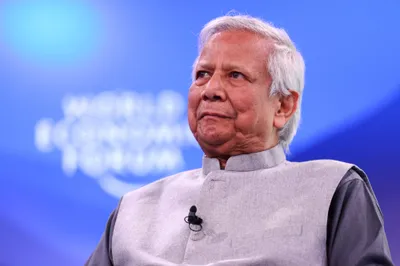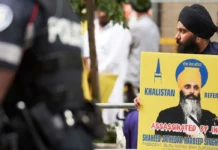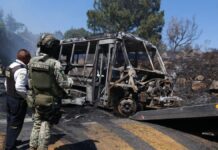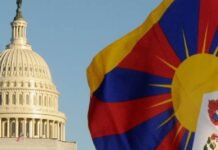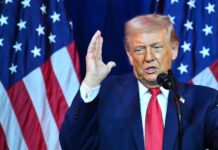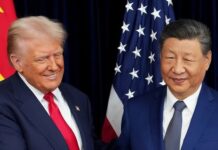DHAKA: An adviser to former Prime Minister and BNP Chairperson Khaleda Zia said the sooner elections are held in Bangladesh, the better. The adviser also noted that the Army Chief has expressed concern about holding elections by December, as troops currently deployed for civilian and policing duties would prefer to return to their barracks.
“No clear roadmap concerning when the election will be scheduled has been given. You know that the people of this country, for the last 16 years, have not had the scope to vote freely. The expectations of the people are very high. Today, those who are 35-36 years old have never voted in their lifetime. There is a big expectation that people must have the right to vote. I think the sooner, the better,” Retired Major General Fazle Elahi Akbar, Defence and Security Adviser to the Former Prime Minister Khaleda Zia, said.
“I see the election is imminent. It is a matter of time, and people are expecting that there should be an election and there should be a party elected by the people who take into hand the problem that the country is facing,” he told ANI in an interview.
The Army Chief and the three defence forces Chiefs of Bangladesh attended the inauguration of Akbar’s Think Tank, Foundation for Strategic and Development Studies (FSDS), in a rare ceremony. He does not consider Army Chief General Waqar-uz-Zaman’s recent speech on Army Officers Address, expecting elections by December, as a power struggle with the interim government.
“I think to say there is a power struggle is a little too much. After all, it’s a government, the Army is an important institution, and the interim government is equally very important and very crucial. Army chief, I think the reason for his saying is that, after all, his troops are on the streets. No army in the world would like to do a job that is exclusively civil and policing in nature. In such a situation, the army chief has raised his voice concerning the integrity and standard of discipline to preserve the discipline and the professional competence of the military. He would like his troops to get back into the barracks and go back to business as usual,” Akbar said.
Whether the election will be credible without the participation of the Awami League is a burning question that people have been discussing. However, Akbar believes that the Awami League is not in a position to participate in the vote.
“Is Awami League prepared to come and face the public and campaign for the election? I think this is an objective or the vision, the proposal is unattainable. Awami League is not in a position right now, even if the election is held within the next year or so. It is a utopic idea. It is better to let the Awami League rest and face the judiciary,” Akbar, the Chairman of FSDS, said.
He said that overthrowing Sheikh Hasina’s government was not the sole achievement of the students and that they would not be able to form a people’s political party, keeping their representatives in the government.
“The political parties in the last 16 years fought the battle and created the ground. But certainly it is the students who ultimately show up at the final. They share courage, share unity, and share spirit that brought the Hasina regime down. So I have full respect for them,” Akbar said.
“But I would like to caution them, don’t form a king’s party by means with the support of the government. Historically, in Bangladesh, no king’s party has survived. They must be very careful whether to form a king’s party or the party of the people. The present demand is that the people who are in the cabinet and also part of the new party should not,” he added.
When asked whether Bangladesh’s economy has weakened since the removal of Sheikh Hasina as Prime Minister, Akbar said, “Statistically, the answer is yes. After all, the previous regime syphoned out USD 50 billion. A country like this has a small economy, still sustaining itself with that. The interim regime has a memo of tasks to get the economy back. We have to have loan repayment. The economy is suffering because investment is also not coming. Most of the investors did not come. So, all these statistics show that the GDP is already below 5 per cent and in the future it will go to around 3 per cent. This is a very big challenge”.
Bangladesh Prime Minister Sheikh Hasina was ousted from power in a student-led uprising in August last year. Hasina fled to India, and an interim government led by Nobel Laureate Muhammad Yunus was formed. (ANI)
Also Read: Khaleda Zia sentenced to 7 years in another graft case

